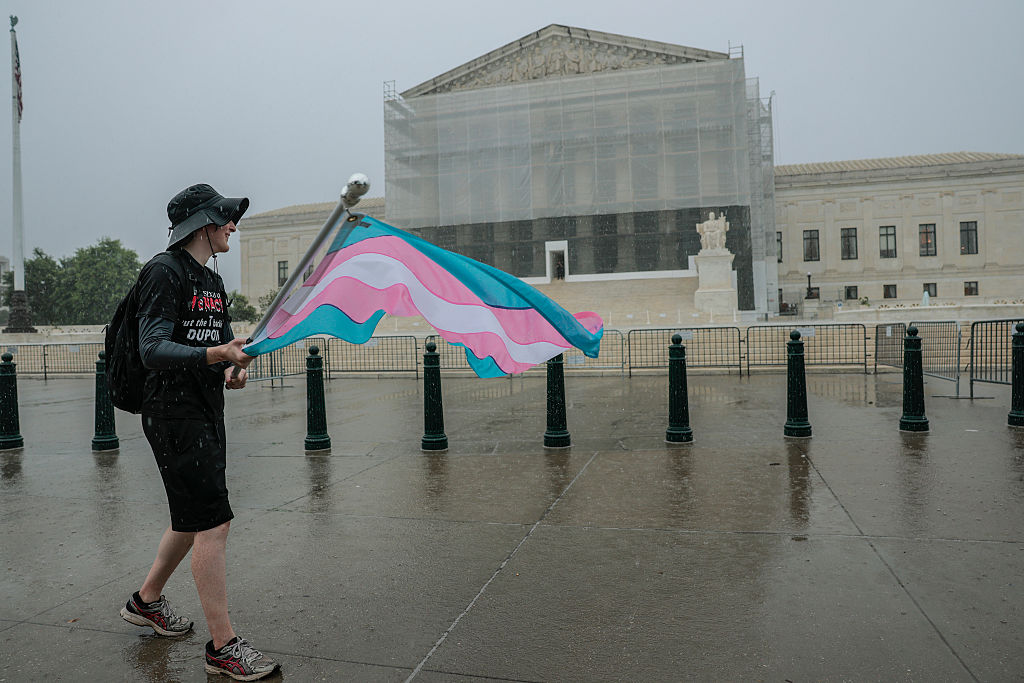Gene Therapy Under Scrutiny
Thursday morning the Recombinant DNA Advisory Committee, a panel at the National Institutes of Health, began three days of hearings on experimental gene therapy and a particular experiment that led to the death of an 18-year-old. The committee is considering tougher controls for experiments that use genes to cure disease.
Gene therapy has the potential for improving the lives of millions of people who suffer from cancer, heart disease, cystic fibrosis and other deadly and debilitating diseases.
The first attempts at using gene therapy started around 1990. In the years since, thousands of people have participated in gene therapy experiments.
| http://www.cbs.com/network/htdocs/earlyshow |
| More News |
Once such person was 18-year-old Jessie Gelsinger, who volunteered to be part of a study conducted at the University of Pennsylvania. His death early this year was the first reported in the study, and since then the whole study has been halted.
Gelsinger had a rare metabolic disease, ornithine transcarbamylase deficiency, which prevents the body from properly processing nitrogen.
Early Show Health Contributor Dr. Bernadine Healy served on an advisory board to the Institute for Human Gene Therapy at the University of Pennsylvania, where Jesse died.
In Jesse's case, says Dr. Healy, the virus that was used to carry the gene into his liver to cure his disease instead gave him a huge liver infection. This led to a coma, because his body couldn't handle the nitrogen that occurs when a person has a big infection.
"We don't know that it's bad science," says Dr. Healy. "We're hearing allegations that there may have been flaws in the protocol where the FDA wasn't adequately informed about other patients who had had the treatment. Also, that maybe Jesse, at the time he had his treatment, may have been having problems with his liver. And remember: A month ago, we heard that he was too healthy to be treated. Now we're hearing stories that maybe he was too sick to be treated."
According to The Washington Post, federal investigators have uncovered serious problems in the experiment, including evidence that Gelsinger should not have participated in the risky study because he was too sick. His liver was not functioning at the minimal level required. The officials said the researchers failed to notify the Food and Drug Administration when two other patients in the experiment suffered severe side effects that should have forced a halt in the experiment.
This is in sharp contrast to a statement last week by the Pennsylvania researchers that the treatment (an infusion of correctve genes encased in a weakened cold virus) triggered an "unusual and deadly immune system response that led to multiple-organ failure" and was directly responsible for his death. They said they did not know why the patient died or why his immune system reacted so violently against the weakened cold virus.
Most of the time when people die in a clinical trial, they already have a disease (such as AIDS or cancer) seen as a mortal illness.
"People like Jesse Gelsinger are unsung heroes on the battlefield of medical discovery," says Dr. Healy. "When something tragic like this happens, you don't stop the war. What you do do is re-examine strategy."
Asked if she feels there is too much pressure from patients to start this kind of experiment too soon, perhaps when it's inappropriate, Dr Healy replies: "When patients have fatal diseases ... that puts pressure on the medical community. That is the energy of the medical community. That makes people like Jesse Gelsinger say, 'Even if it doesn't help me, it will help other people, other children.' But the medical community has an obligation to control those risks and to make sure the patient is informed, the family is informed, and the FDA is part of that discovery."



